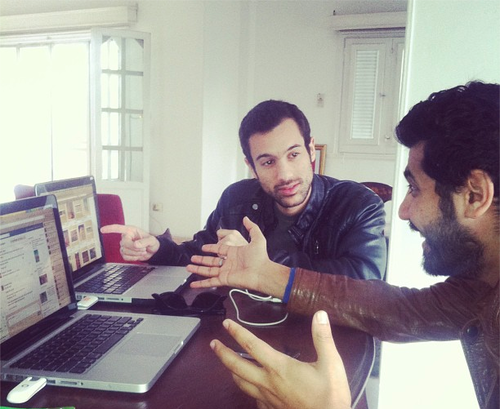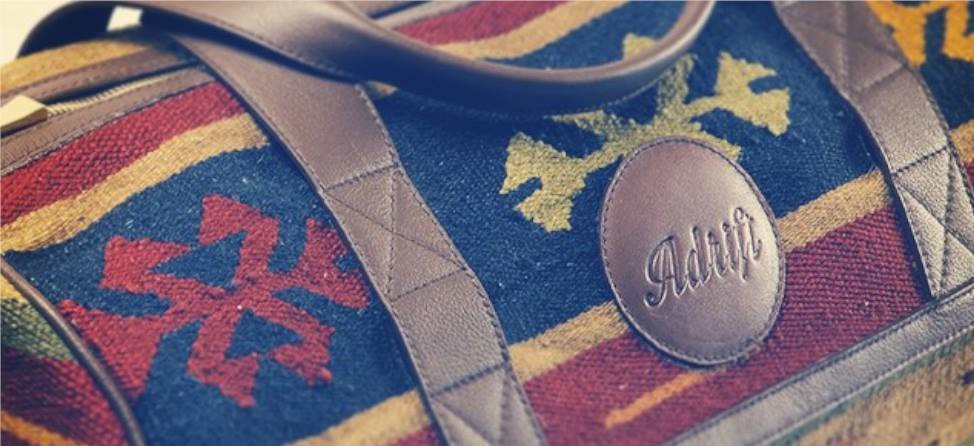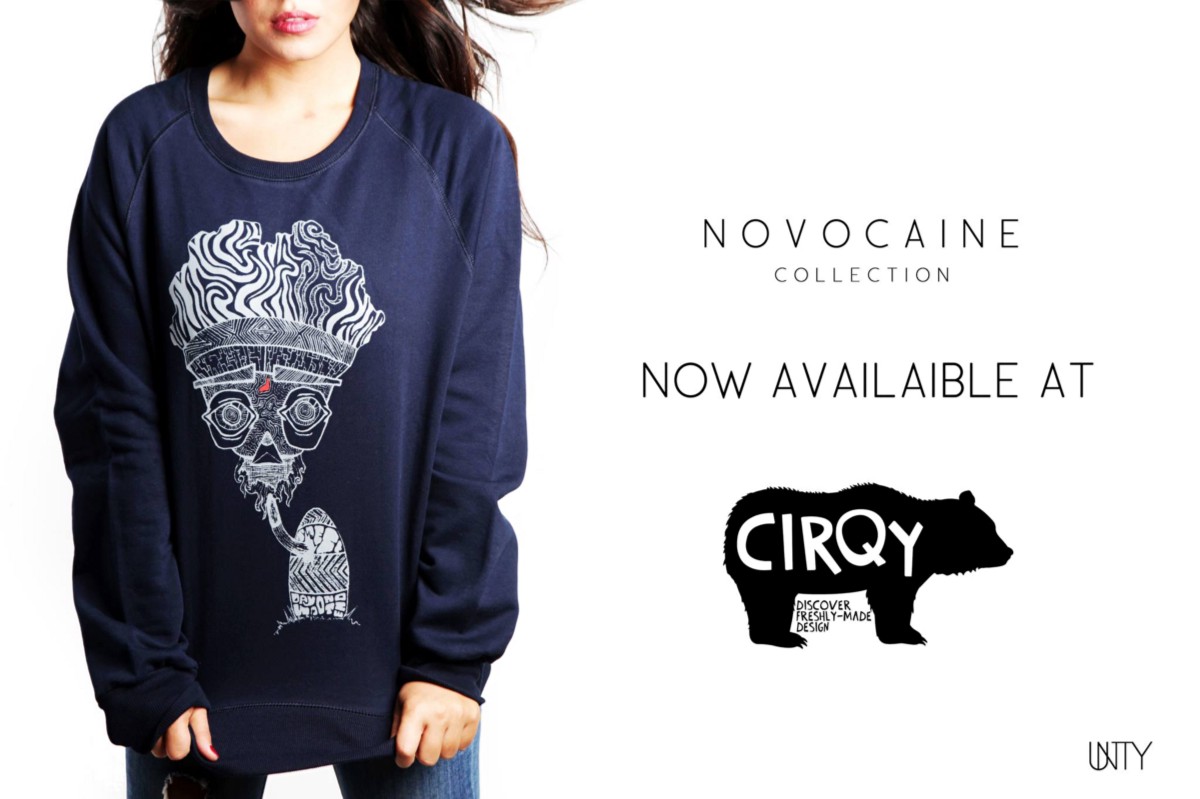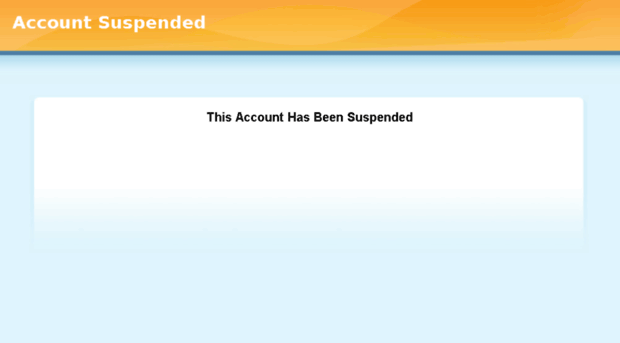How Our ‘Etsy for the Middle East’ Failed
There comes a time in a man’s life when he decides to quit the corporate machine and pursue his dream. This time for me was in the year 2012 at the age of 26.
With a background in finance and investment banking, coupled with my partner Mostafa Talaat’s marketing and advertising background, we felt we had the perfect match to start a business. Overnight, we put together a pitch deck and applied to the Middle East’s leading start-up accelerator, Flat6Labs. One month later, we quit our jobs, and our startup journey began with CIRQY, our “Etsy for the Middle East”. A year and a half later, it was over.
For a while I’ve been wanting to share our failures and learnings. I’ve read too many success stories that talk about the ideal scenario, but what about when things don’t go the way you planned?
One year into my new role as Business Development Manager at Souq.com (the “Amazon of the Middle East”), I’ve summed up our shortcomings at CIRQY in the six points below:
1. Market Sizing

The biggest challenge when we were putting together our business plan was the lack of sufficient data on e-commerce in the Middle East; all we could get our hands on were top line figures of what online customers were spending their money on. And between travel, technology and fashion, our closest benchmark was fashion.
This clearly skewed all our assumptions, since our product offering was a lot more diversified than just fashion. From this point onward, every single dollar we had forecasted in sales was overestimated a pretty good deal.
2. Product Selection

Yes, I will say this with no shame, CIRQY had THE COOLEST product selection online in Egypt. But did it sell? Nope. Sure, it was pretty exciting to have the coolest curated products from the most awesome local designers, but problem is, it was too niche.
We had amazing buzz! But seriously, how many kilim duffel bags can you sell to the same small crowd over and over?
3. Seller Sustainability

When the designers we worked with were mostly making their products as a “side thing,” it was never going to be sustainable. Dreamcatcher earrings were selling pretty well, until they ran out. At that point, the designer may be busy with work or had lost interest in making dreamcatcher earrings altogether.
At the end of the day, it wasn’t a business for them, and that’s not something that our business could depend on to be sustainable.
4. Industry Challenges

CIRQY was pretty much an Etsy model, but with some necessary tweaks for our Middle East market. Attributes, such as Cash-on-Delivery (COD) and managing fulfillment for our sellers, were necessary to ensure the full process was covered.
However, we had no idea, until we started actual operations, that courier companies were already facing many challenges with COD and fulfillment for e-commerce industry leaders like Souq.com and Jumia; so where does this leave the little guy? Struggling for some attention.
5. Expensive Slips

True, we had all that it takes to build a solid financial model, seamless business operations and a creative marketing plan; but our decision making on spending sucked. Between a funky office we didn’t need, paying 25% of our capital on an overqualified developer and skipping entirely the concept of an MVP, our cash burn rate was shooting through the roof. This was when our inexperience shined.
*Read up on MVP if you haven’t, it’ll change the way you think about everything.
6. Follow-on Funding

The biggest buzz kill of them all: funding. There’s a clear gap in the Middle East when it comes to follow-on funding between seed stage and VC. Angels are too prudent and refuse to invest in something that they either don’t understand or that hasn’t shown positive cash turnover.
And although we were in talks with two very promising VCs, by the time we were desperate for funding, we were still too small for a VC round.
But hey, it wasn’t all sad. We had many achievements. Our operations were spot on, our brand was buzzing and everyone thought we were millionaires. But this isn’t what this write up is about.
Would we do it again? Definitely. And until the right idea comes, I’m happy to continue my journey with the largest e-commerce company in the Middle East!
WE SAID THIS: Don’t miss Q&A: Is Egypt’s Startup Scene Just A Bubble? Top Investors Answer.
Kareem El-Shaffei is an ex-investment banker turned entrepreneur; he founded CIRQY, an online marketplace for discovering locally crafted products. Currently, working for the largest e-commerce company in the Middle East, Souq.com. Out of the office, Kareem is an aspiring artist, creating worlds in digital collages.
http://about.me/kareemelshaffei
